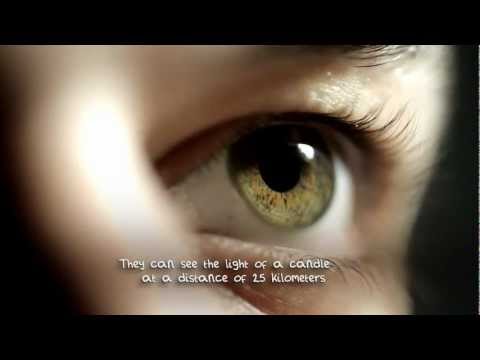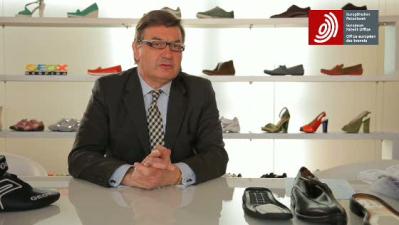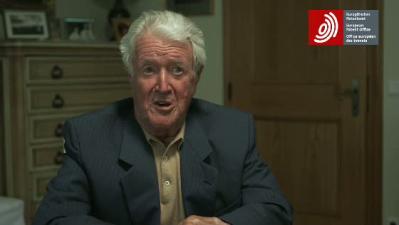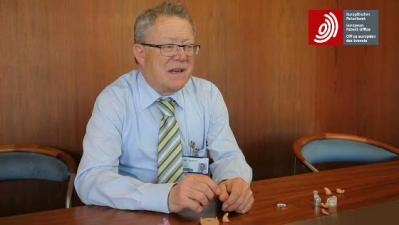Josef Bille
Device for laser eye surgery
Winner of the European Inventor Award 2012 in the category Lifetime achievement
In the media
"Preis für den Vater der Augenlaser-Korrektur" - WDR TV video on Josef Bille
A man with a (perfect) vision
Professor Josef Bille of the University of Heidelberg in Germany is a pioneer in ophthalmology. His groundbreaking inventions, and their continuous improvement, have corrected near-sightedness, far-sightedness, and astigmatism in millions of patients worldwide.
In recent years giant leaps have been made in the field of ophthalmology, the branch of medicine that deals with the structure, function and diseases of the human eye. Medical professionals are now capable of mapping out the eye's structure with unprecedented precision. Their lasers are accurate and delicate enough to correct nearly any imperfection. However, the technology would not be where it is today without the contributions of one man: German scientist Josef Bille.
In 1966, just six years after the invention of the laser, Bille was already writing his master's thesis on short pulse lasers. After obtaining his PhD from the University of Karlsruhe in 1970, Prof. Bille thought about the possible areas of application of lasers, including medicine. But there was not enough interest in this idea at the time, and so he worked in industry where he gained some experience in areas that would later also prove useful for applications in eye care.
In 1978, Prof. Bille returned to academia, becoming professor at the Institute of Applied Physics at the University of Heidelberg. This marked the start of decades of research and development work in combining laser technology with eye care. It was here that he developed the use of wavefront technology for the measurement of errors in the human eye.
Wavefront technology is a measurement technology which uses so-called aberrometers to scan the human eye in a very detailed manner for small errors. By having a very detailed map of these errors, it is possible to devise much more precise surgical procedures (wavefront-guided laser-eye surgery) or to produce tailor-made lenses.
Throughout the 1980s and 1990s Josef Bille continued to work on improving his imaging and measurement systems, and adapting the technology to come up with new applications. Moreover, he adopted a good intellectual property strategy to strengthen his success: Prof. Bille has filed for nearly 100 patents. For Prof. Bille, patents are important for a number of reasons, but two stand out: Firstly, to set up a start-up firm you need to have patents to attract venture capital; secondly, without patents, large competitors can quickly adopt the technology and give you no chance to enter the market.
Prof. Bille's inventions are not only scientific advances, but they have also had a major economic impact. He has co-founded five start-ups, mostly with former PhD students, three of which are now large companies with around 250 employees each and a yearly turnover of €100 million. Prof. Bille's inventions have helped create around 1 000 jobs in these firms and have led to yearly combined turnover of €300 million. The market for these inventions is large - and growing, not least due to aging populations. The size of the European market for ophthalmic devices was estimated to be worth some €650 million in 2010. Thanks to Prof. Bille's inventions, we now have diagnostic and therapeutic methods available for the realisation of perfect vision.
Patent numbers:
Contact
European Inventor Award and Young Inventors Prize queries:
european-inventor@epo.org Subscribe to the European Inventor Award newsletterMedia-related queries:
Contact our Press team#InventorAward #YoungInventors



